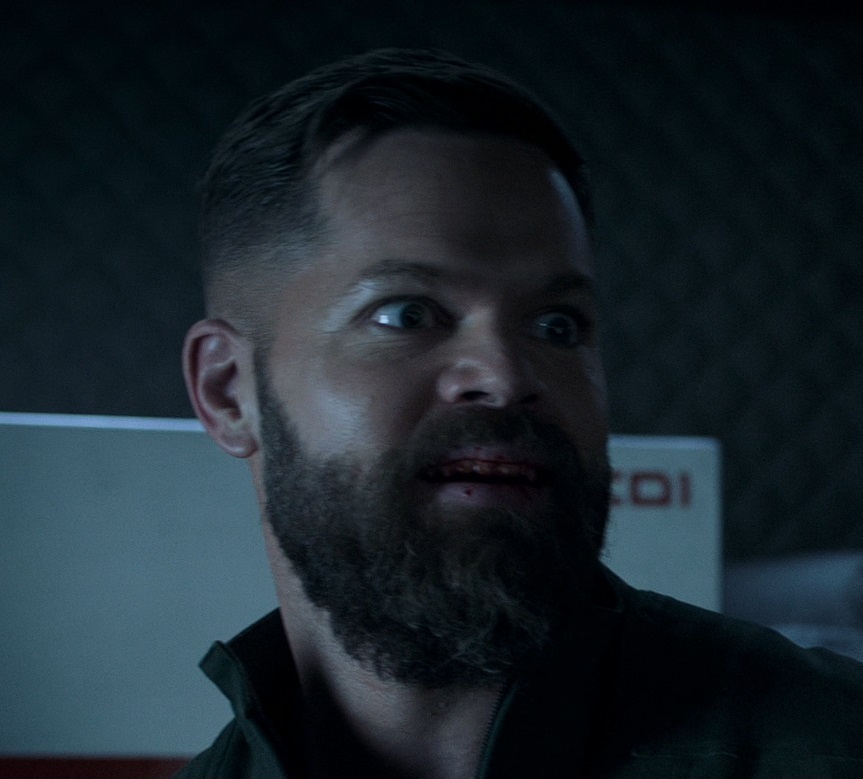Personally, I find Brown Dwarfs to be absolutely fascinating. An object that isn’t quite a planet and isn’t quite a star, but something in between.
What would one even look like? Would it look like a gas giant that’s glowing red, along with swirls of gas in its atmosphere like Jupiter? Or would it resemble a star and have a fiery surface like the sun? I prefer to imagine them as glowing gas giants but I don’t know how realistic that is.
Gas giants in general are fascinating to me as well, I really hope we send a probe into one of the gas giants with a camera before I die. I’d absolutely love to see what it looks like inside a gas giants atmosphere before the probe gets crushed by the increasing pressure as it descends.

I find neutron stars fascinating. The remnant of a star that was almost big enough to form a black hole but not quite. The gravity pulls all the matter left after a supernova into a bizarre form of matter. The protons and electrons are smushed together making basically the whole thing neutrons. They’re packed together so densely, a teaspoon would weigh as much as a mountain. A star much bigger than the sun suddenly condensed into like 20km.
Plus, some form pulsars spinning so fast that it seems impossible. The record is over 1,000 rotations per second. Some form magnetars, the strongest magnets in the universe. There might be an even more exotic form of matter — “strange matter” made of strange quarks — in their core.
It’s amazing what a really big boom can do. We can’t even fathom the bigness of that kind of boom. To get a star remnant rotating faster than the human eye can detect is just… mind boggling.
You’ll definitely find video gamers who claim to be able to see that temporal resolution, of course.
If your monitor isn’t clocking 1000 Hz are you really a gamer?!?!
Your username is intriguing. Have you tried it? Is it any good?
Also, neutron stars are awesome. Densities on the order of “Mount Everests per teaspoon”? Almost unimaginable.
Almost? 😂
Far as my username goes, much like interacting with me, I don’t recommend it! lol